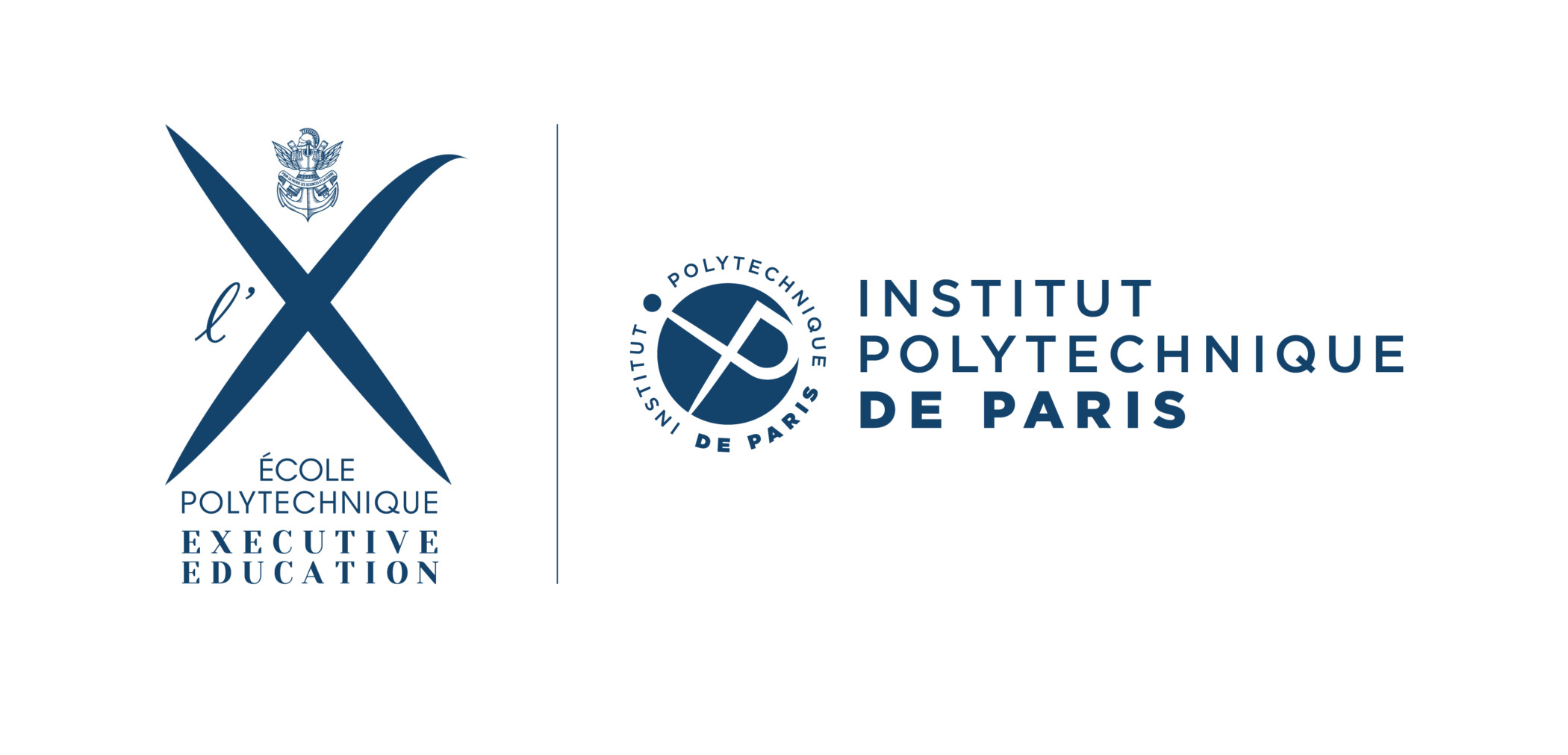Domaine : Intelligence ArtificielleDomaine : Mathématiques et applications - Thématique(s) : Modélisation
Diplômes d’université (DU, DIU)
FINANCIAL ENGINEERING Executive Degree – Modeling, Simulation and Data Analytics
Taught by an educational team from the leading French universities: Sorbonne Université Continuing Education and École Polytechnique Executive Education.
Executive version of the famous Parisian degree (Master El Karoui) in financial mathematics.
Focus on acquiring, completing and updating your knowledge in mathematical, statistical
and numerical methods for financial markets, accounting the recent developments of data
science and artificial intelligence contributions.
OBJECTIFS
Executive version of the famous Parisian degree in financial mathematics.
Taught by an educational team from the leading French universities : Ecole polytechnique and Sorbonne Université.
Focus on acquiring, completing and updating your knowledge in Mathematical, statistical and numerical methods for Financial markets, accounting the recent developments of data science and articifial intelligence contributions.
COMPÉTENCES VISÉES
Understanding the emerging issues of Quantitative Finance in connection with the regulation and economic upheavals (XVA : high-frequency trading, blockchains, cryptocurrencies , negative rates, multivalued rate curves, etc.).
Numerical methods for simulation/optimization as well as their parallel implementation (GPU).
Statistical tools for calibration, high-frequency trading and automatic investment strategies.
Financial Engineering for Investment and Fintech.
Data Science for Finance.
Quantitative Risk Management.
Quantitative Portfolio Management
PUBLIC ET PRE-REQUIS
- Graduates in science with various backgrounds and training in applied mathematics (including Probability and Statistics)
- Market practitioners: IT quants, front office, middle office, risks, software editor, asset manager
- Engineers in repositioning on the equity markets, rates, foreign exchange, hybrids, energy markets, commodities, precious metals, and cryptocurrencies
PROGRAMME
2 units of skills :
> Unit of skills 1 : Financial Engineering : Fundamental tools and methods.
> Unit of skills 2 : Financial Engineering : Advanced applications.
Méthodes
Course and small classes
Professional seminars/meetings
Modalités d’évaluation
- written final exam + pricing/calibration project joint with “Numerical methods”
- written final exam + computing project joint with « Stochastic Calculus & Control ou Derivatives
- Take home QCM + computing project joint with « Derivatives”
- Take home QCM + computing project joint with « Numerical methods”
- Written examination (QCM)
- Written examination + project (joint with other courses)
Evaluation depends on each course
Les + de la formation
The job of Quant / Strat (quantitative analyst) is constantly changing due to the post-crisis regulatory upheavals, technological changes (GPU), the unceasing mathematical and algorithmic advances (Machine Learning).
This effervescence is reflected on the one hand by new requirements in terms of calculation and risk control at the level of companies themselves, local or foreign regulatory authorities and the other by the arrival of new technological tools (parallelism), algorithmics (machine learning), mathematics (forward simulation, multilevel methods, etc.) and new models (rough volatility).
The purpose of the training is to allow both a (re) leveling of the participants but also to give them an overview of this constantly evolving situation as well as the tools to support it or even to impulse it.
Classes are held on fridays and saturdays.
Courses are held in French but the trainers are bilingual.
Pour candidater
- Send in : Resume + Cover letter + Last obtained diploma
- A recommandation letter in case of pursuing this degree on behalf of a company
Documents à disposition
Responsable(s)
pédagogique
Contact
0144278255 Sciences-FinancialEngineering@admp6.jussieu.frContact : roselyne.friedenberg_remy@sorbonne-universite.fr





